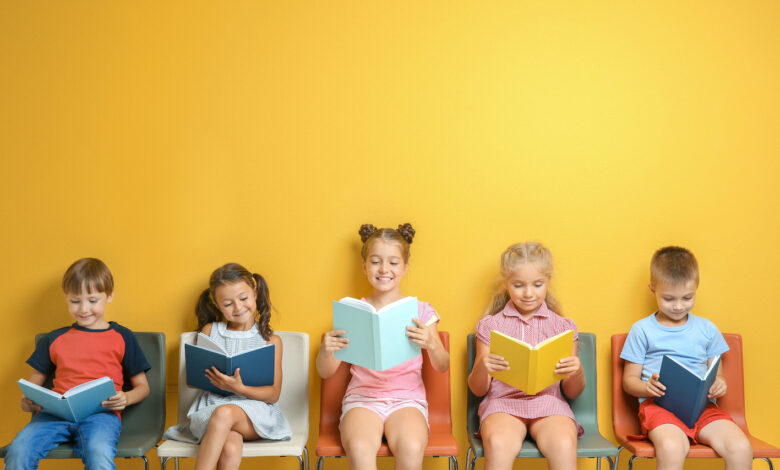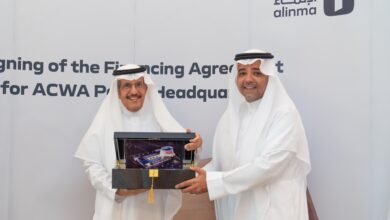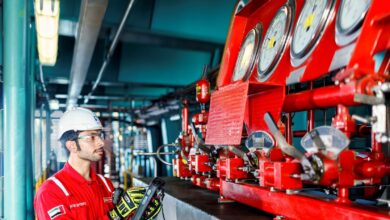
By Amit Kothari, Executive Committee Member of Education Business Group
As schools enter the new academic year, children are spending most of their time back in the classroom and back to almost the normal routine prior to the pandemic. The Covid-19 pandemic has drastically changed the way schools operate, and the way learning is conducted. Moving forward, it is essential for schools to ensure a safe learning space that fosters collaboration, encourages innovation, and sheds light on the importance of wellbeing.
Education Business Group (EBG), a non-profit formed under the umbrella of the Dubai Chamber of Commerce and Industry (DCCI), currently services 53% of the city’s private school student cohort. EBG’s long-term strategies that private schools in Dubai need to consider to help shape the generation of tomorrow.
- Wellbeing awareness –
For younger kids, teachers tend to be role models and help shape their students in their transformation into young adults. It is common for children to mirror the way adult figures around them behave, so it is important for both parents and teachers to watch their actions and remain calm. Today, schools have been progressively incorporating mental health into the lives of children with activities such as yoga, meditation practices and breathing techniques. Additionally, schools have assigned dedicated wellbeing officers on campus along with school counselors to guide and support students.
- Sustainability and eco-literacy – Schools need to adhere to a ‘sustainability first’ ethos and maintain a green environment, initiate ecological activities, and ensure the inclusion of eco-literacy in the curriculum. Project-based education and place-based learning are great ways to introduce kids to environmental responsibility. From growing their own fruits and vegetables, separating recycling bins and reducing plastic use, to joining beach clean-ups, similar eco-friendly activities can become the stepping stone to building a sustainable mindset from a young age. Place-based learning also invites children to learn about the environment and study science in ecological locations, and learn first-hand about nature.
From an operational perspective, schools could work towards minimising their environmental impact, utilising solar power for energy needs, recycling water for agricultural use, and implementing waste separation and wind energy generation.
- Collaboration – Fostering collaboration between students helps build interpersonal skills that prepare them for the real world. For younger students, Free Play contributes to the cognitive, physical, social and emotional well-being of a child. When schools don’t incorporate play into the curriculum, students tend to lack communication, collaboration and problem-solving skills. When children play, they learn to work together and figure things out without help from a teacher or an adult.
Interactive Learning Centers are another teaching strategy that can enhance the likelihood of positive peer social interaction among students. The great thing about learning centers is that they are structured, so that students must interact with one another.
- Safe learning space – Today, most public and private schools follow anti-bullying policies to protect children and encourage a friendly and inclusive environment. As most reported bullying situations arise at schools, staff and teachers should possess the know-how and tools to resolve such issues. Certificates such as mediation classes and conflict resolution workshops are necessary for teachers to effectively manage these situations. As some children are more reserved, teachers could be aware of the warning signs – for example, sudden withdrawal from activities, loss of appetite, and change of attitude towards learning and friendships.
In line with the anti-bullying program organised by the Council of the UAE in collaboration with UNICEF,schools in Dubai are continuously ensuring to build healthy and progressive relations between students, parents, caregivers and educational staff members.
An embodiment of the UAE’s leadership to provide a holistic environment that builds future generations, these strategies support students to cultivate relationships and ensure a prosperous future for the community as a whole.



